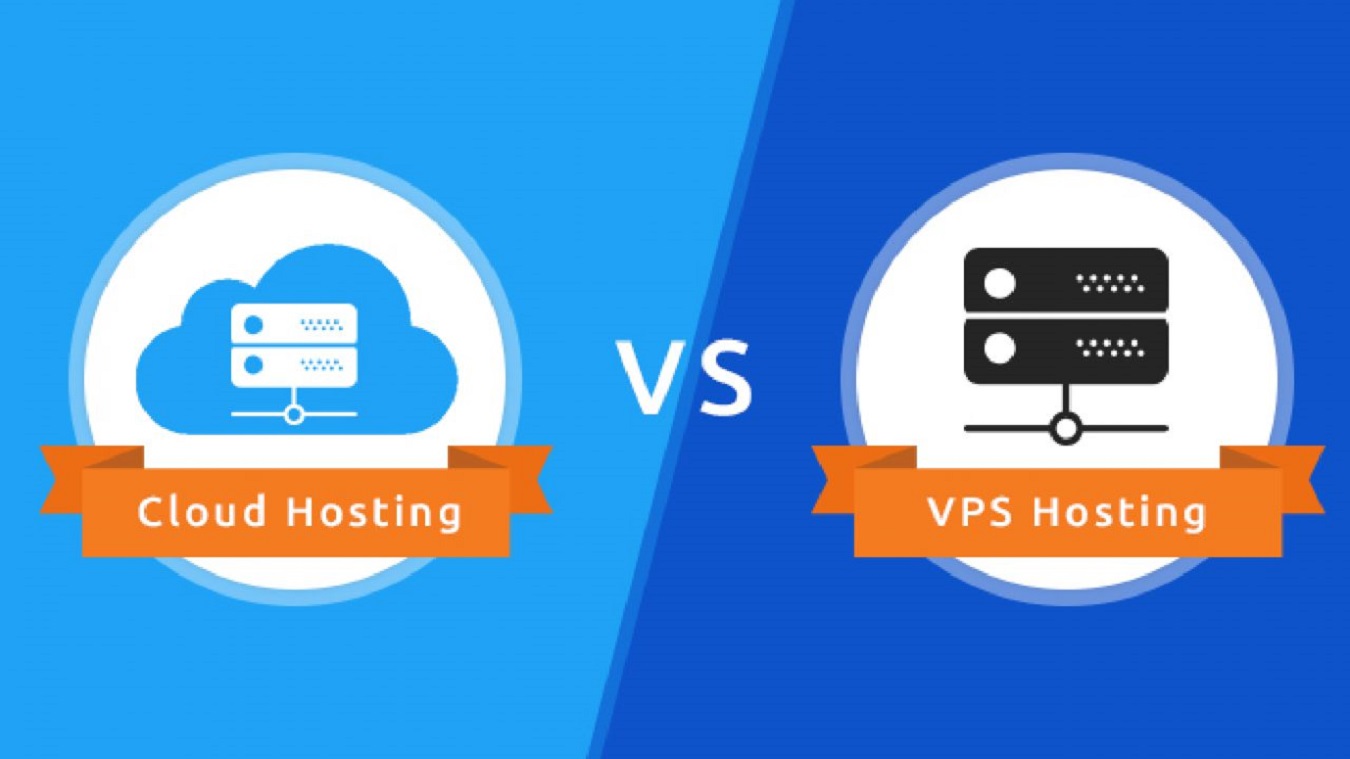The dilemma of choosing between VPS hosting and cloud hosting after outgrowing shared hosting resources is not new. The struggle between which is better with regard to performance, reliability, and security can be daunting.
However, choosing the right option depends on the website provider and your website’s specific needs and priorities. Therefore, let’s understand the difference between VPS hosting and cloud hosting in detail so that we can create a perfect hosting environment for your webpage.
What is a VPS Hosting Environment?
A VPS hosting environment is a hosting environment created with virtualisation technology. A hypervisor divides a server virtually, creating different server environments.
Therefore, even though a physical server is shared virtually, each user gets its own dedicated hosting space. That makes Linux VPS server hosting a perfect option when you have outgrown your shared hosting resources.
As resources are virtually shared, it is cost-effective; further, you get dedicated space, ensuring robust performance and security.
What is Cloud Hosting?
Cloud hosting also uses virtualisation technology, but for distributing resources around various servers. This helps to create a scalable environment with interconnection between servers that enable easy access and performance.
The best part of cloud hosting is that there is no physical server, and service payment is based on a pay-as-you-use option. Therefore, it is also a cost-effective option after you have outgrown your shared hosting benefits.
VPS Hosting VS Cloud Hosting
| Features | Cloud Hosting | VPS Hosting |
| Flexibility | With cloud hosting, you get a highly flexible hosting environment that can easily scale resources up and down with quick access. | A VPS server has limited flexibility when you compare it with cloud hosting. But you get more control over server resources. |
| Scalability | As mentioned above, cloud hosting is highly and easily scaled. | VPS allows limited scalability scope, but you can upgrade to a bigger server or get more resources. |
| Support | You get 24/7 support along with maintenance with cloud hosting. | Though you may get 24/7 support along with maintenance, the type of support may differ depending on the hosting provider you choose. |
| Reliability | Cloud hosting is reliable and secure, with multiple servers. It also offers auto backups and failover systems. | VPS hosting reliability depends from provider to provider. Generally, VPS is a reliable hosting option with good uptime and an option for redundancy and backups. |
| Performance | Cloud hosting ensures good performance with the power to distribute resources across multiple hosting servers. | The performance of your VPS hosting server is dependent upon your hardware, which can be improved by adding better resources. |
| Pricing | Cloud hosting may be more expensive than VPS hosting. That is due to the on-demand usage billing model. | VPS is an affordable hosting option, as it has a fixed monthly fee as subscription based. |
| Security | Cloud is secure because it has multiple layers of security, data encryption and firewalls. | VPS is a secure hosting option, but more security measures may be implemented. |
Conclusion
Choosing VPS vs. Cloud hosting can be a challenge as both offer distinct features and benefits. Therefore, the perfect choice depends on your hosting requirements, priorities and budget. So choose wisely, as your hosting infrastructure will decide your online availability.

